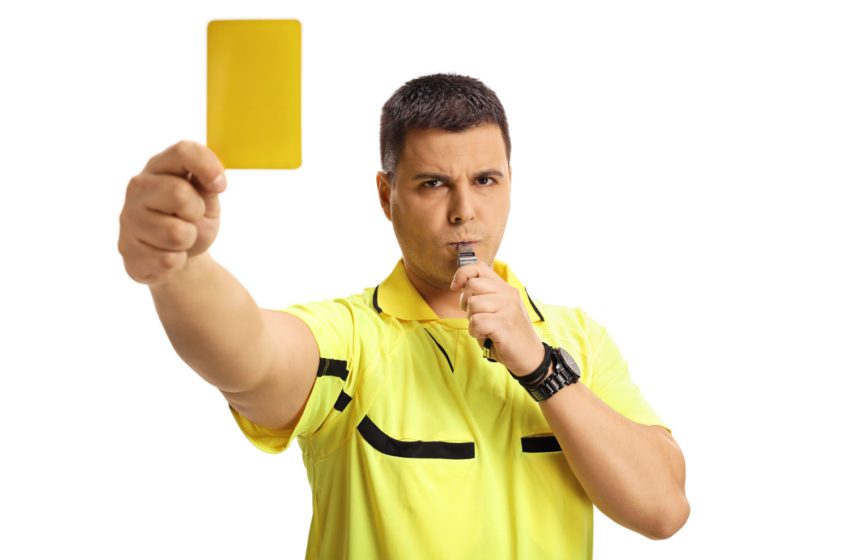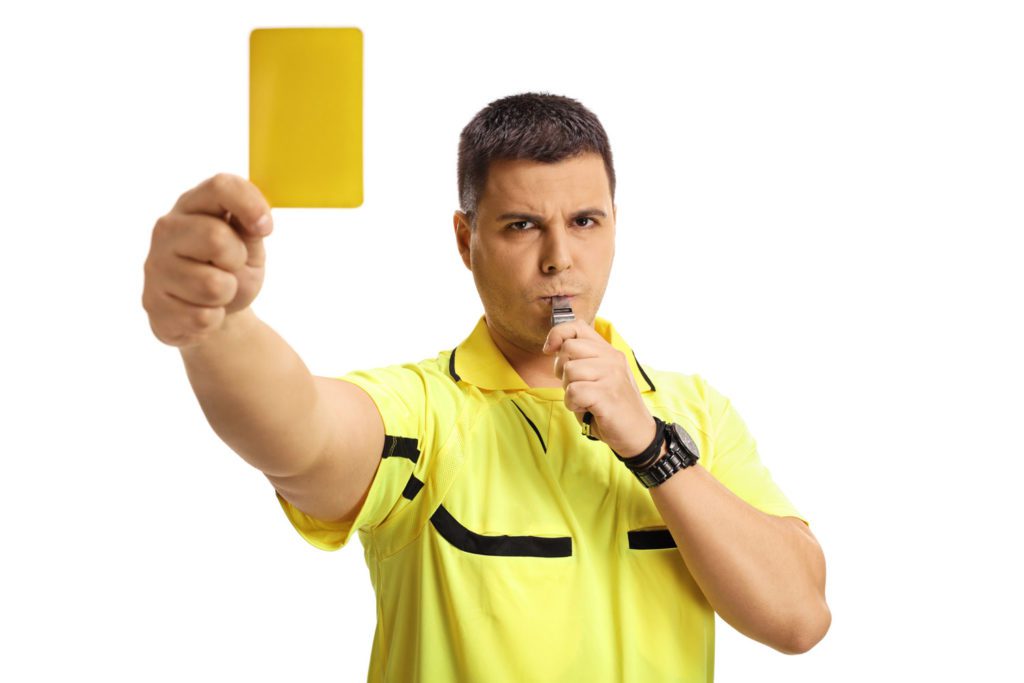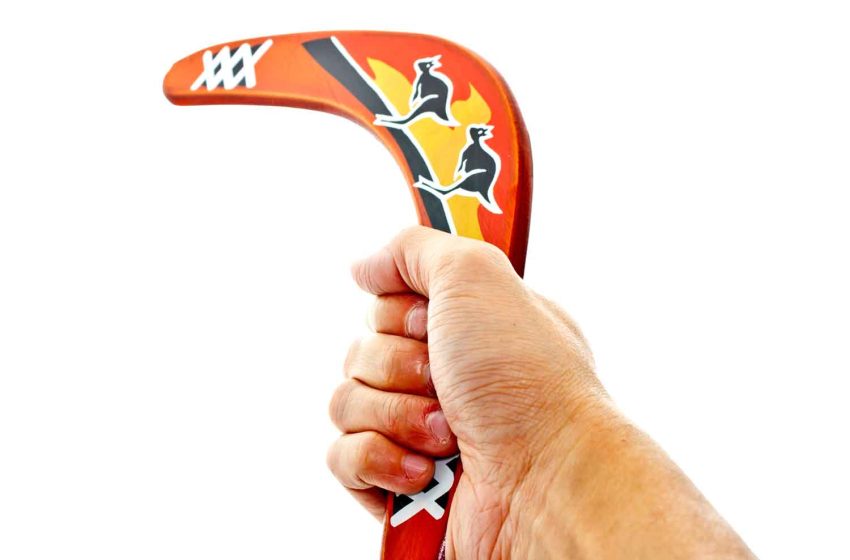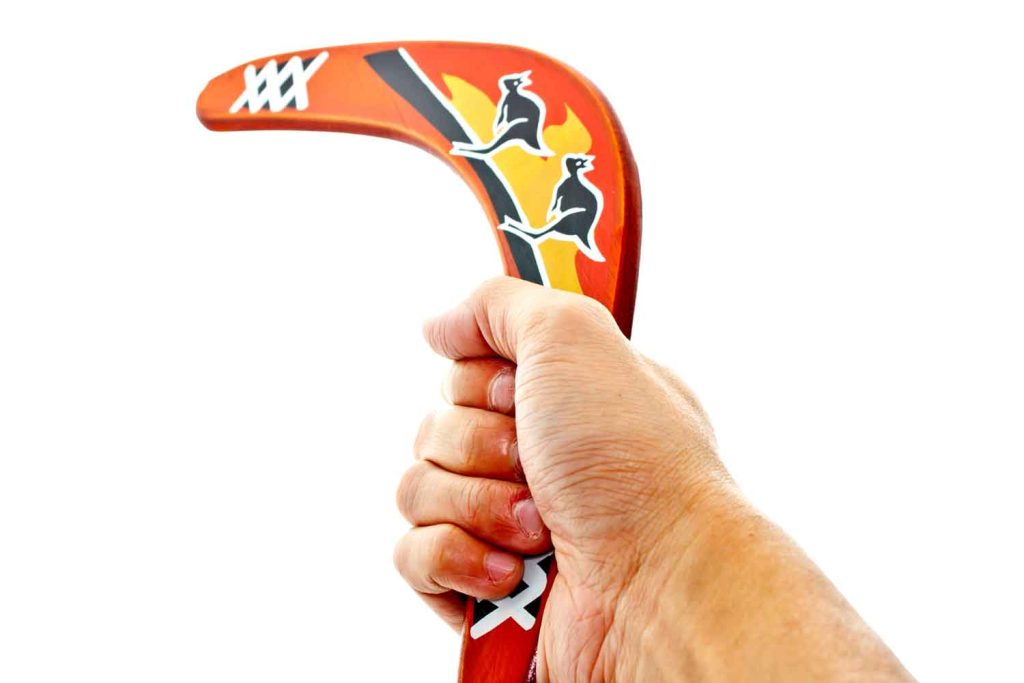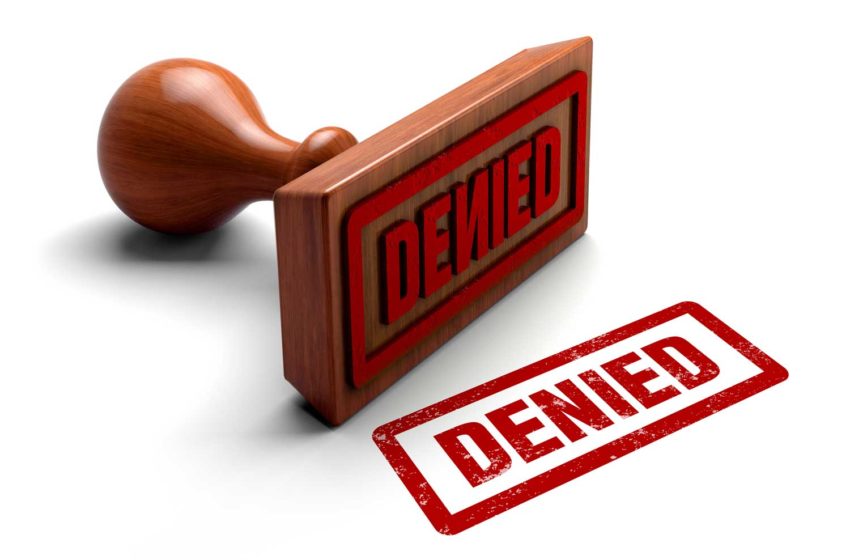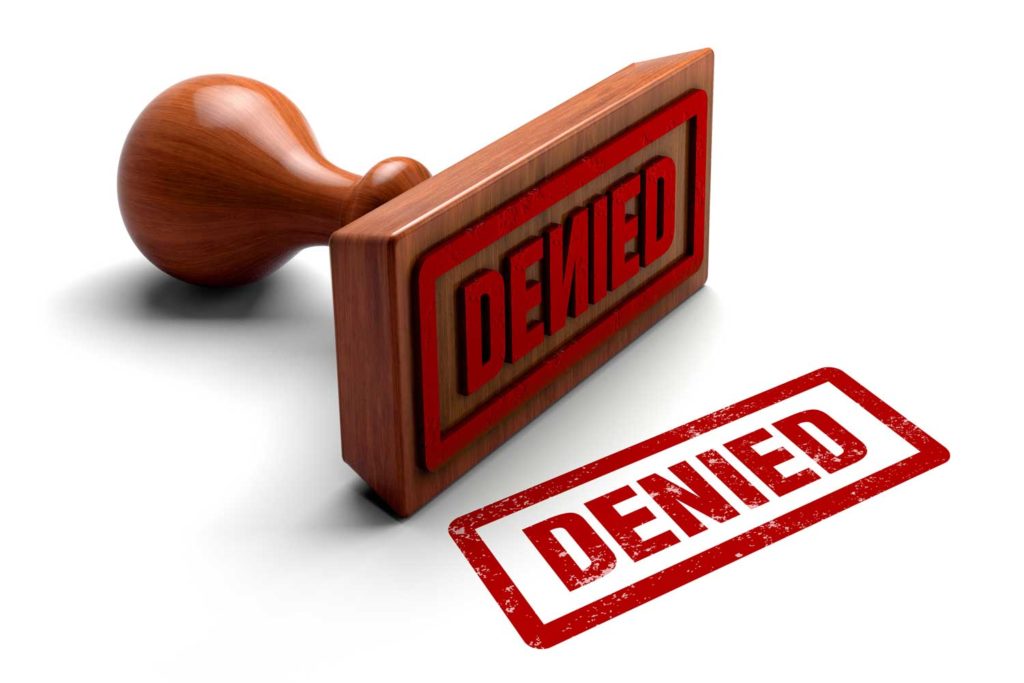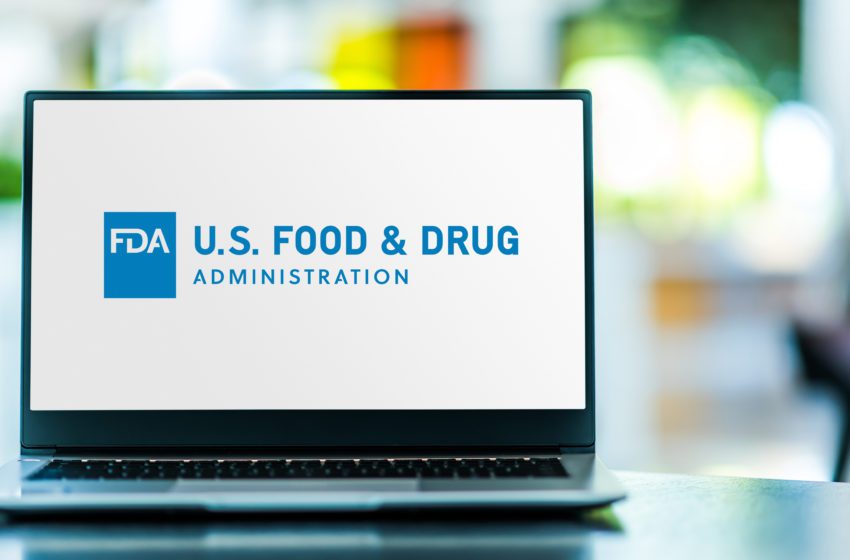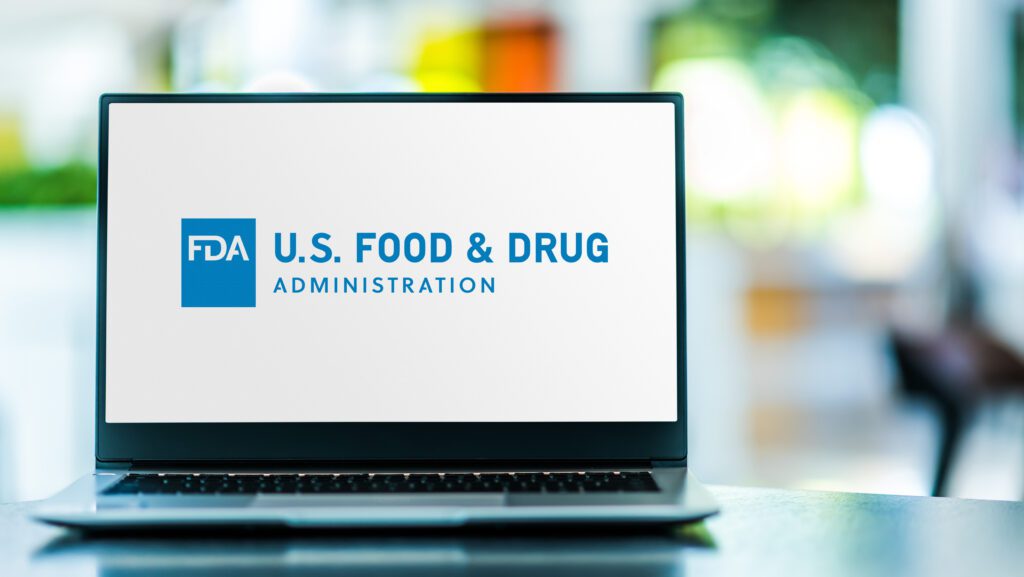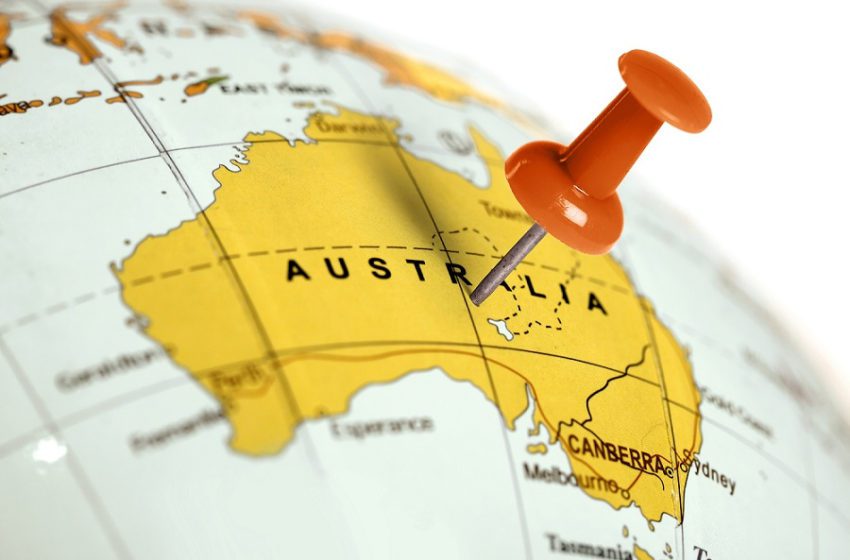
Ireland will ban vaping for those under the age of 18, effective July, reports the Irish Times.
Minister for Health Stephen Donnelly will bring a memo to the Cabinet this week outlining the full legislation. The new law is expected to be enacted before the lower house of Parliament’s summer recess in mid-July.
The legislation includes restrictions on the types of retailers allowed to sell vapes or nicotine-inhaling products as well as measures to curb advertising of nicotine-inhaling products near schools and other locations frequented by kids and young adults.
Donnelly is expected to tell the Cabinet that there is “clear evidence” that nicotine exposure in young people has long-term effects on brain development, referencing recently published surveys of Irish school-aged kids. The surveys, including the Health Behaviour in School-Aged Children survey from 2018 and the European Schools Project on Alcohol and Other Drugs survey from 2019, showed that 9 percent of 12-year-olds to 17-year-olds and 15.5 percent of 15-year-olds and 16-year-olds used electronic cigarettes in the past 30 days. Donnelly is also expected to reference a Health Research Board review that found that kids who vaped were five times more likely to begin smoking.
The government is expected to prioritize passage of the bill through the Oireachtas to allow for full debate and discussion before sending the legislation to President Michael D. Higgins for his signature.


